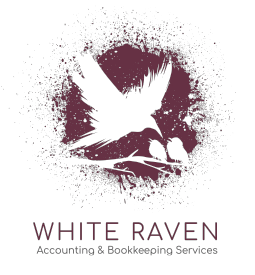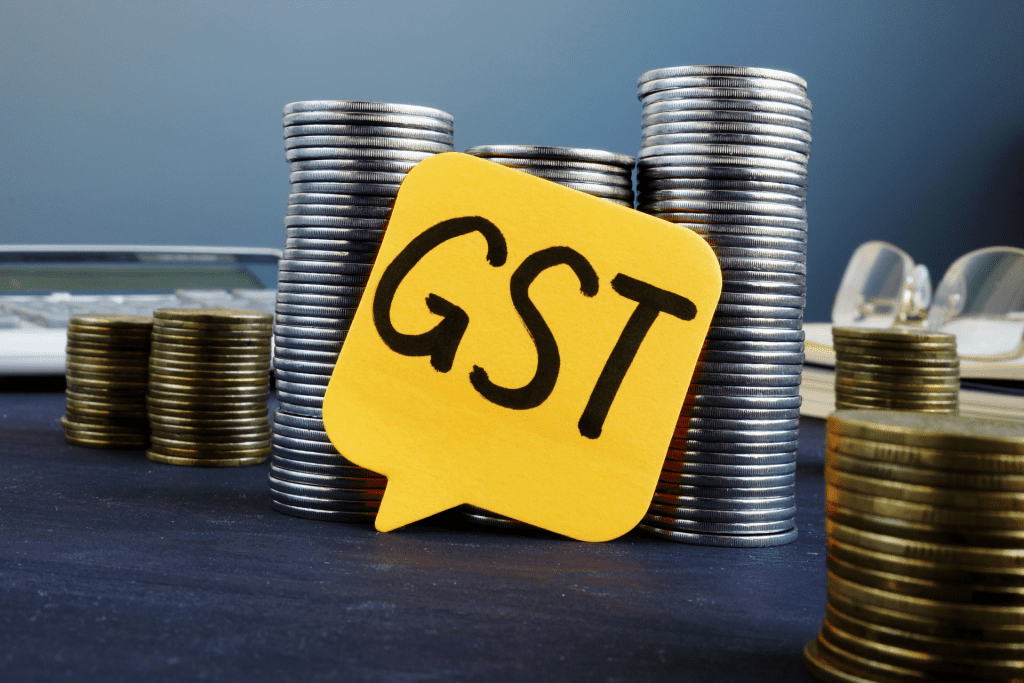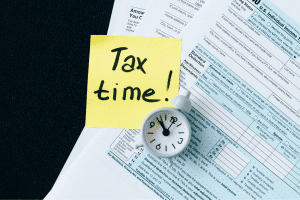Missing your GST/HST filing deadline can feel like no big deal—until you see the penalties and interest start to stack up. Whether it slipped your mind or cash flow was tight, it’s important to understand the real consequences of filing or paying late. Here’s what happens when you miss a GST filing deadline in Canada and how it can affect your business.
When Are GST Filing Deadlines in Canada?
GST/HST filing deadlines depend on your assigned filing frequency:
- Monthly filers: Return and payment are due one month after the end of each reporting period.
- Quarterly filers: Due one month after the end of each quarter.
- Annual filers: Usually due three months after your fiscal year-end.
For example, if your fiscal quarter ends March 31 and you file quarterly, your return and payment are due by April 30. The same deadline applies whether you owe money or not.
Missing a deadline even by a few days can trigger CRA penalties and interest. For a full overview of tax return due dates, see our guide on when taxes are due in Canada.
It’s also important to note that filing late even once can disrupt your ability to receive GST/HST refunds in a timely manner. CRA may hold your refund until you file all outstanding returns, which can negatively impact your business’s cash flow.
What Are the Penalties and Interest for Filing Late?
If you miss the filing deadline and owe GST, the CRA will charge:
- Late Filing Penalty: 1% of the amount owing, plus 0.25% of the amount owing for each full month your return is late (up to 12 months).
- Interest on Unpaid GST: Calculated daily on the balance owing, based on CRA’s prescribed interest rate (compounded daily).
Example: If you owe $10,000 and file three months late:
- Late filing penalty = $1,000 + (0.25% x 3 months x $10,000) = $1,750
- Interest = Depends on CRA’s rate at the time (e.g., 9% annually)
These charges can add up quickly, especially if you continue to miss multiple filing periods.
If you’re repeatedly late or file inaccurate returns, you may face additional penalties, including a 10% gross negligence penalty in extreme cases. The CRA can also begin to monitor your file more closely, flagging your business for repeated non-compliance.
What Happens If You Don’t File At All?
If you fail to file a return entirely:
- The CRA may issue an arbitrary assessment based on their estimates of your revenue.
- You’ll still be responsible for penalties and interest on that assessed amount.
- Interest continues to accrue until the correct return is filed and the balance is paid.
Arbitrary assessments are rarely in your favour. The CRA will often overestimate your revenue to ensure they’re not under-collecting, meaning you could be on the hook for more than you actually owe until the correct information is submitted.
Additionally, not filing can create complications if you ever want to apply for financing or sell your business. Unfiled GST returns appear in your tax account and can make due diligence difficult for lenders or buyers.
What If You Can’t Pay Right Away?
Even if you can’t pay your GST owing in full, file the return anyway. The CRA calculates the late filing penalty based on how late your return is, not how late your payment is. That means:
- Filing on time but paying late results in interest only.
- Filing late results in penalties + interest.
You can work with the CRA to set up a payment arrangement for the balance. In some cases, especially if you’re a first-time offender, they may waive some penalties if you have a good filing history.
If you’re facing cash flow problems, filing on time and being transparent with CRA is always better than delaying. The longer you wait, the fewer options you may have.
How the CRA Handles Long-Term Non-Filers
If you’ve missed several GST returns, the CRA may take more aggressive action:
- Flagging your account for compliance review
- Assigning collections officers
- Placing holds on your HST refund claims
In serious cases, CRA may initiate legal actions, including:
- Garnishing your bank account or wages
- Placing liens on business or personal assets
- Refusing to issue clearance certificates if you try to wind down or sell the business
If you haven’t filed for several years, you might be eligible for the Voluntary Disclosures Program (VDP). This program allows you to correct unfiled or inaccurate returns without penalties, but you must apply before CRA contacts you.
How to Avoid Missing GST Filing Deadlines in the Future
The best way to avoid penalties is to file on time—even if you can’t pay right away. Here are a few ways to stay on track:
- Set calendar reminders and recurring alerts for GST deadlines
- Use cloud accounting tools like QuickBooks or Xero to automate reports and returns
- Hire a bookkeeper or accountant to track your filings
- Reconcile your books monthly instead of scrambling at quarter-end
- If you qualify for annual filing, consider it for simplicity—but only if you can manage the lump sum
If you’re unsure about your GST obligations or when you needed to register, our guide to GST for Dummies breaks it down simply.
Final Thoughts
Missing a GST filing deadline might seem like a minor issue, but the financial impact can snowball quickly. Penalties, interest, and even CRA collections can follow. The best way to protect your business is to stay organized, file on time, and ask for help when needed.
Even if you’re behind, it’s not too late to fix it. File the returns, arrange payment, and talk to a tax professional about your options. Ignoring it only makes it worse.








